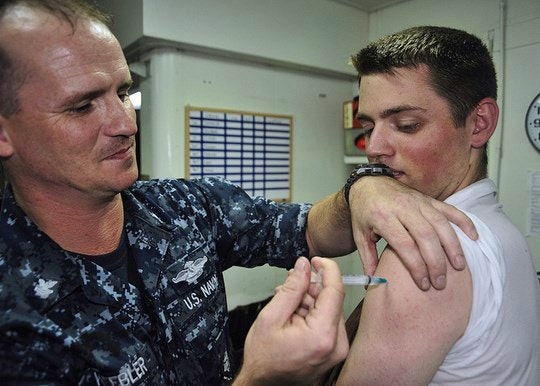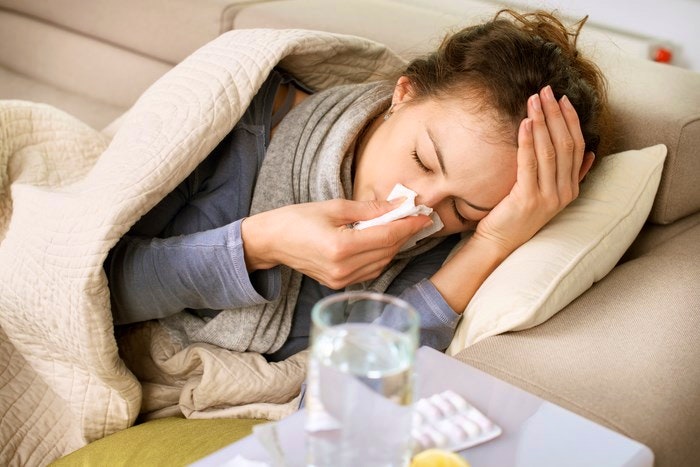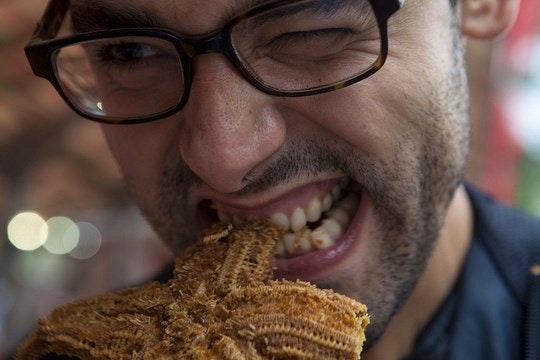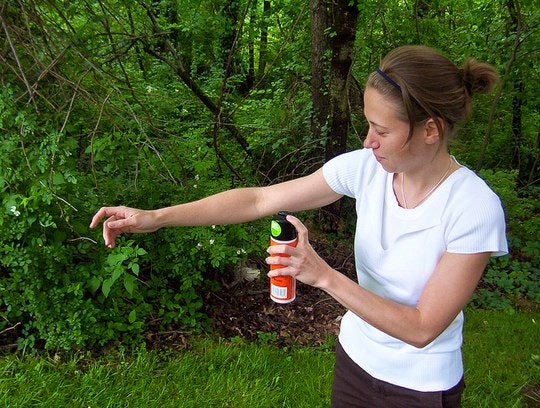At some point in everyone’s life, there has been some sort of terrible sickness that descended upon you, at the worst possible time. And while your aching body occupies most of your thoughts, you still wonder where you went wrong.
Be it heatstroke, a tummy bug, bad food, or a mosquito bite, here are some things to look out for when travelling, to avoid being under the weather and out for the count during your holiday.
- Vitamins
This should be fairly obvious, but start a course of vitamins at least 2 – 3 weeks before you’re scheduled to leave. This will give your body a boost and strengthen your immune system, preventing that coughing passenger (who doesn’t cover his mouth – gross!) from passing his nasty germs onto you – in this case, sharing is definitely not caring!

- Get a shot
If you’re heading into any areas prone to exotic diseases like yellow fever, malaria, typhoid, or Hepatitis A and B, you definitely need to ensure you’ve had the correct shots at least 4 – 6 weeks before your trip. Though these shots are mainly precautionary, they will prevent anything horrid happening.
- Don’t touch that
Once you’re on your way via plane, train, or boat, avoid touching any communal items and then putting your hand to your face, unless you’ve washed (or sanitized) your hands. Communal surfaces like door handles, money, taps, and table tops are a breeding ground for germs. By inadvertently brushing your hair out your eyes, wiping the sweat from your brow, or forgetfully eating a canapé, you’re putting thousands of microscopic germs in contact with entry points to your inner body.
- Nice Doggy
Dogs, though incredibly cute, still carry a risk of rabies contamination, and a single lick or nip from a rabid dog is all it takes for you or your children to become infected. If in doubt, always get a rabies shot from a doctor, as rabies symptoms only start showing once the disease is too far gone to be treated, and always results in death. As tough as it is to resist fluffy coats, puppy eyes, and wagging tails, steer clear of them for your own safety. Cats, bats, monkeys, foxes, racoons, and mongooses are also carriers.
- Colds and Flu
If you start to get a tickle in your throat, a runny nose, or a tingling in your ears (these are commons symptoms of the start of a cold), immediately start taking zinc lozenges, Echinacea, and vitamin C tablets in their prescribed amount (usually 1 tablet, 2 times a day). This will help to boost your immunity and hopefully prevent a full-blown cold from appearing – and a brisk walk is also said to help get rid of the germs faster. However, if you already have a cold, avoid going out and get plenty of rest, which includes at least 7 hours of sleep a day.
- Street Foods
As common knowledge dictates, steer clear of dodgy-looking street foods, as they’ll inevitably lead to upset tummies. This holds true 95% of the time, despite protestations from the locals that these are the best kebabs/samoosas/sorbets/iced waters around. If the vendor is coughing, not wearing gloves, simply ladling out servings into newspaper or suspicious looking cups, flies are buzzing overhead, or there are too many food options (which means the produce is sitting in the heat of the day), just keep walking. It’s safest not to eat any unwashed fruit and veg, avoid undercooked meat, and don’t drink water or ice made from tap water. Rather, get fruit still in it’s skin (natures’ packaging) or food that’s kept in ice to keep it cold before being cooked in front of you.
- Insect Repellent
Though you may have followed the above suggestions to a T, and successfully avoided human borne sicknesses, don’t forget to bring along insect repellent. Though you may laugh at this, you never know what flying fiend may bite you, and transmit infections from the person that was bitten by it before you. Mosquitoes are known carriers for diseases such as malaria, the West Nile virus, and Dengue fever.
Let us know what precautions you take before your travels.
Main image courtesy of Shannonkringen (Flickr)









